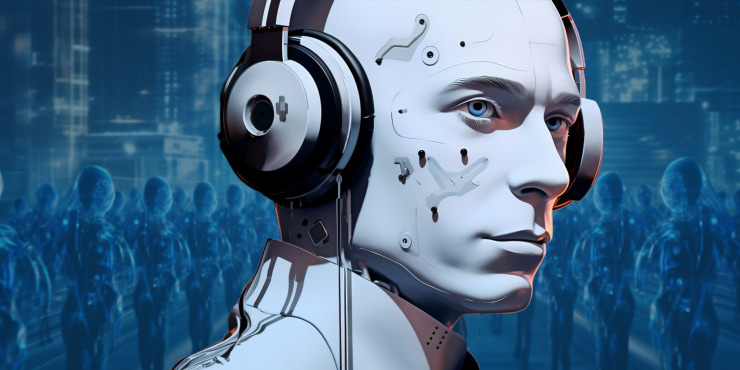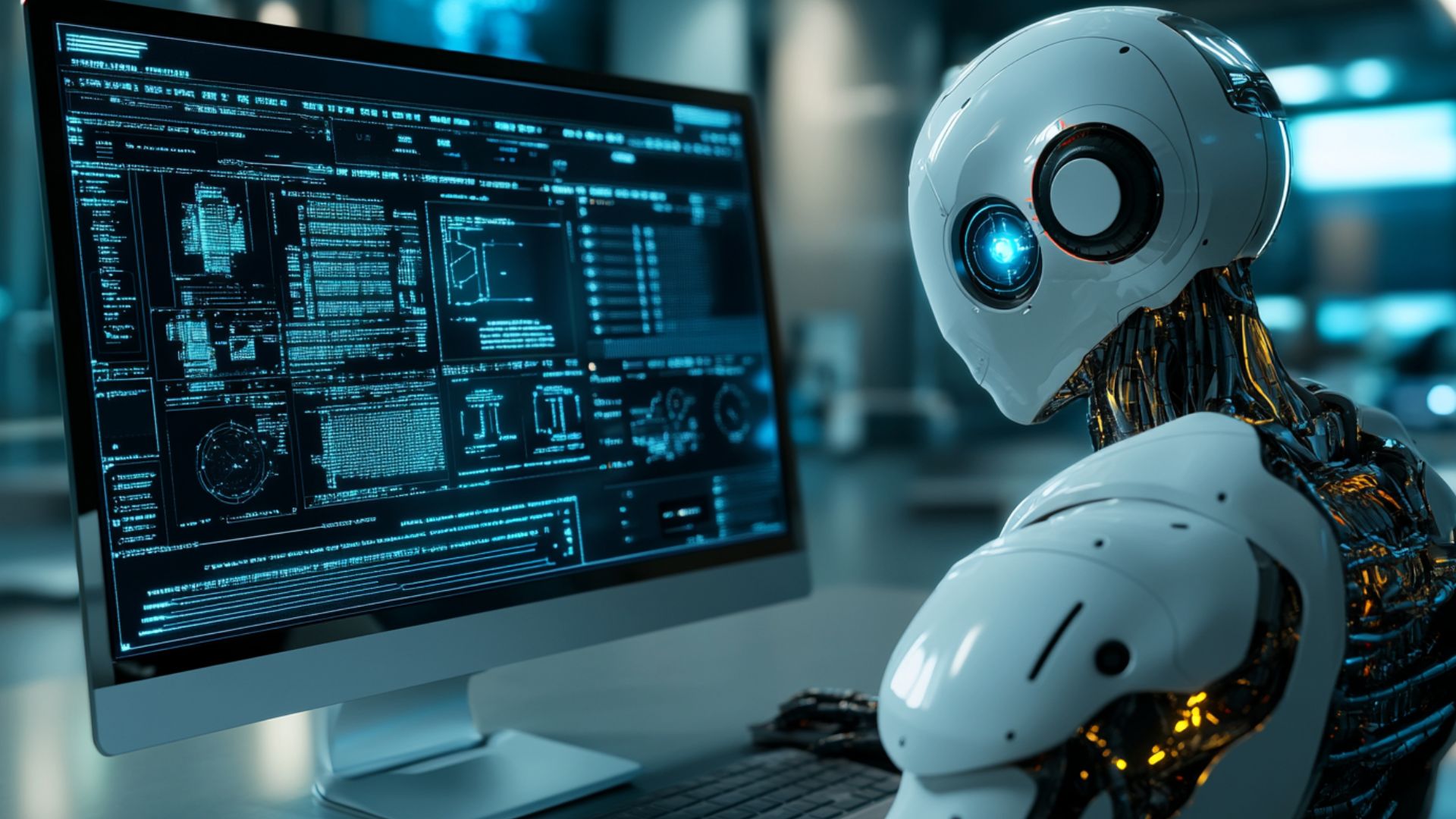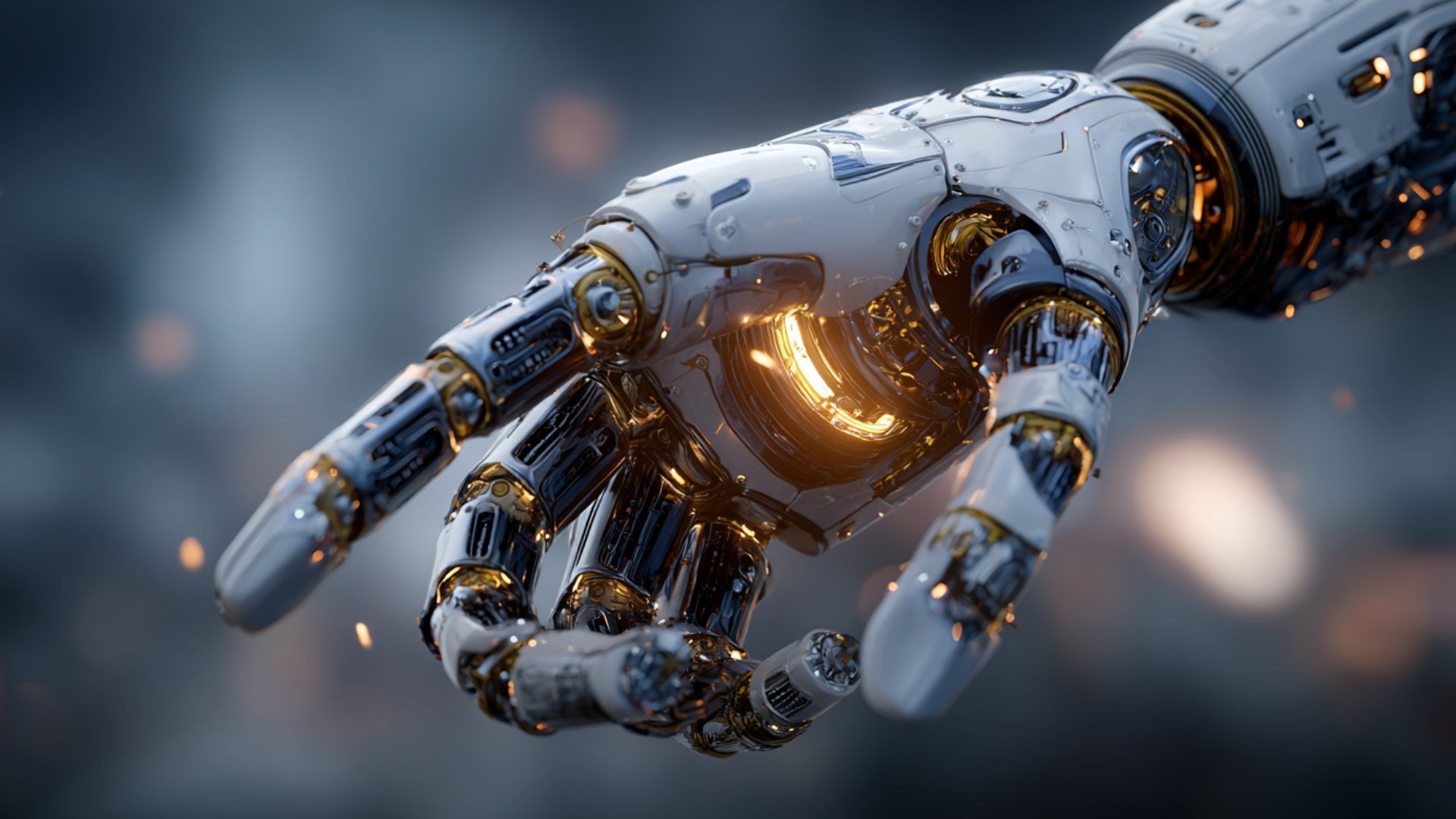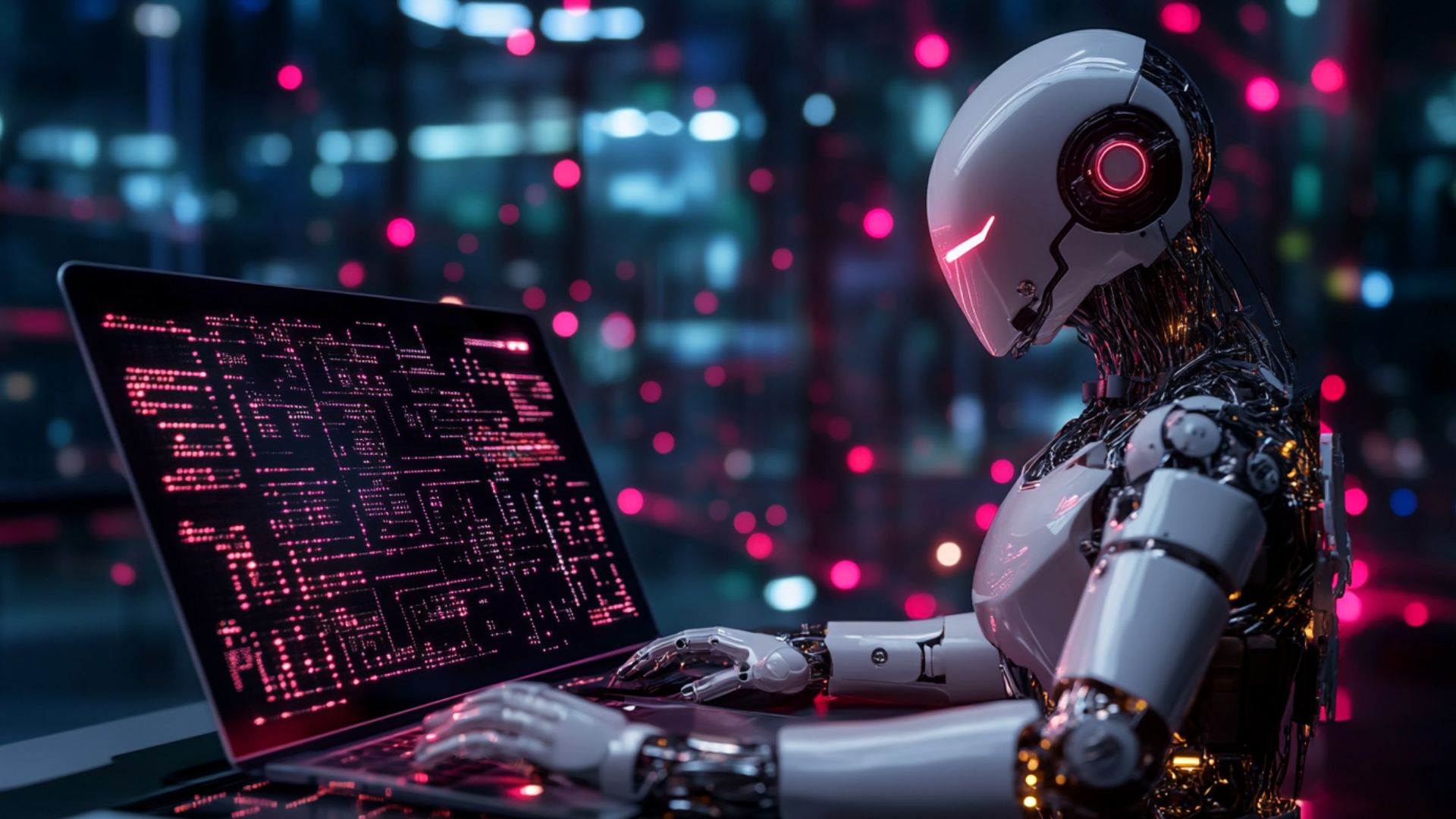Revolutionizing HR with Digital Employees

In the dynamic area of Human Resources, a technological revolution is underway. It poises to redefine traditional practices and elevate the entire worker attempt. The advent of digital HR employee experience is propelling HR functions into a new era of efficiency and innovation. Organizations embrace digital transformation. Integrating virtual or web workers within HR departments has become a reformative force. These digital entities contribute significantly to various facets. They are from recruitment and onboarding to talent management and employee engagement.
This article delves into the profound impact of digital employees on HR processes. We explore how they enhance operational agility and streamline administrative tasks. Also, we examine how it ultimately revolutionizes how organizations manage their workforce. As we navigate this paradigm shift, the role of web employees emerges as a cornerstone. It is pivotal in shaping the future of HR. Also, it promises a more seamless, connected, and responsive worker practice.
Digital HR Employee Experience: A New Frontier
HR is undergoing a reformative evolution in the relentless pursuit of innovation. It transitions into a digital-first approach. The advent of a digital HR employee experience is at the forefront of this revolution. It reshapes traditional manpower resources practices. Here are vital aspects highlighting the profound impact of web workers in this area:
- Efficient Onboarding: Digital employees streamline and enhance the onboarding process. They ensure a seamless and engaging experience for new hires.
- Automated Administrative Tasks: They tackle routine administrative tasks. They free up HR professionals to focus on strategic initiatives and employee-centric programs.
- Personalized Employee Engagement: Digital workers enable personalized engagement initiatives. They foster a tailored approach to employee needs and preferences.
- Data-Driven Decision-Making: By processing vast datasets, they provide valuable insights. Also, they empower HR teams to make informed decisions and optimize workforce strategies.
- 24/7 Support: Web employees offer continuous support. They provide workers with instant assistance and information whenever needed.
Human resources forge into this new frontier. So, integrating digital employees is a catalyst.
Digitizing HR to Improve the Employee Experience
Digitizing HR to improve the employee experience involves adopting strategic approaches. Among them are:
- Automated Onboarding: Implementing digital onboarding processes for a seamless and paperless induction.
- Self-Service Portals: Introducing worker self-service portals. It is vital for easy access to HR information and services.
- Performance Management Software: Utilizing digital tools for transparent and continuous performance tracking.
- AI-driven Recruitment: Incorporating AI in recruitment processes for efficient candidate selection.
- Training and Development Platforms: Providing web platforms for accessible and personalized employee training.
Digitizing HR to improve the employee experience plans contributes to a superior worker practice. They provide it by promoting potency, accessibility, and transparency in such processes.
The Role of AI in Enriching HR Practices
Integrating MI in these practices is reshaping traditional approaches and yielding significant benefits. AI plays a pivotal role in various HR functions:
- Recruitment Automation: AI streamlines the hiring process by analyzing resumes. It assesses candidate suitability and enhances recruitment efficiency.
- Employee Engagement: AI-powered tools gauge employee sentiment. It provides insights to improve engagement strategies and foster a positive workplace culture.
- Predictive Analytics: By analyzing data patterns, AI aids in predicting workforce trends. They enable proactive decision-making in talent management.
- Automated HR Tasks: They focus on strategic initiatives and employee development.
This integration results in streamlined operations and data-driven insights.
Case Studies: Artificial Intelligence in HR
Artificial intelligence in HR case studies has demonstrated remarkable triumph. It is in diverse organizational settings. In a prominent case study, a global tech firm implemented AI-driven recruitment tools. They result in a 30% reduction in time-to-hire and enhanced candidate matching. Another study showcases an AI-powered employee engagement platform implemented by a leading retailer. It leads to a measurable boost in employee satisfaction and retention.
The outcomes underscore the reformative impact of artificial intelligence in HR case study:
- Efficiency Gains: AI streamlined recruitment processes, reducing time and resource expenditure.
- Enhanced Employee Satisfaction: AI-driven engagement tools fostered a positive work environment. They contribute to increased employee contentment.
- Strategic Decision-Making: Predictive analytics empower HR professionals to make informed workforce management decisions.
Case study example: Global tech corporation:
- Implementation: AI-driven recruitment tools streamlined candidate screening, reducing time-to-hire by 30%;
- Outcomes: Enhanced talent acquisition efficiency and improved candidate matching;
- Lessons Learned: AI augments HR processes. It leads to substantial time and resource savings while optimizing hiring outcomes.
These case studies illuminate the potential of AI in HR. They highlight their ability to drive measurable improvements in potency and organizational success.
Intelligent Solutions for Modern HR Challenges
Organizations are turning to intelligent HR solutions. They help them manage complexity and their workforce better. AI-driven tools are revolutionizing talent acquisition by enhancing candidate screening and selection processes. Predictive analytics predict employee turnover risks and inform strategic employee retention initiatives. Additionally, machine learning facilitates personalized employee development plans. They are addressing skill gaps.
Intelligent Automation for HR: A Game Changer
Intelligent automation for HR is a reformative concept. It encompasses integrating AI and automation technologies in human resources processes. This game-changing approach streamlines HR tasks. Among them are recruitment, onboarding, and data analysis, enhancing efficiency and accuracy. Automated workflows handle routine administrative functions. They allow HR professionals to focus on strategic initiatives. It is from AI-driven resume screening to chatbots assisting employee queries. The impact of intelligent automation is evident in optimizing processes and minimizing errors.
Implementing AI in HR: Opportunities and Considerations
The integration of MI opens opportunities. They are suitable for organizations seeking to enhance their human resource management.
Opportunities:
- Efficient Recruitment: AI streamlines recruitment. It automates candidate screening and selection, saving time and resources.
- Predictive Analytics: Harnessing AI-driven predictive analytics allows HR professionals to foresee workforce trends. They aid in strategic planning and talent management.
- Personalized Learning: AI facilitates customized employee development plans. They address skill gaps and promote continuous learning.
Considerations and best practices of artificial intelligence in HR:
- Ethical Use: Ensure ethical AI practices. They avoid bias and maintain transparency in decision-making algorithms.
- Data Security: Prioritize robust data security measures to safeguard sensitive employee information.
- Employee Training: Provide comprehensive training to HR teams for effective AI utilization. It fosters a smooth transition and optimal use of AI tools.
Navigating the implementation of artificial intelligence in HR requires a balanced approach. It leverages opportunities while being mindful of ethical considerations.
Overcoming Challenges in Adopting AI in HR
Such challenges involve addressing common hurdles. Also, they include implementing effective strategies:
- Resistance to Change: Employees may resist the integration of AI due to fear or unfamiliarity.
- Data Security Concerns: Protecting sensitive employee data is paramount.
- Skill Gaps: Ensuring HR teams possess the necessary skills for AI utilization.
Organizations can implement robust training programs to tackle these challenges. They prioritize data security measures and foster a culture of openness and collaboration. Embracing these intelligent HR solutions ensures a smoother adoption process. They maximize the benefits of AI in enhancing HR practices.
Measuring the Impact of AI on HR Performance
Measuring this impact includes assessing key performance indicators. Also, it involves metrics related to HR's digital transformation. Essential methods include:
- Time-to-Hire: Evaluating the speed of the recruitment process.
- Employee Engagement Scores: Assessing changes in employee engagement levels.
- Accuracy of Predictions: Gauging the precision of AI-driven predictive analytics.
- Training Effectiveness: Measuring the impact of AI on employee skill development.
Organizations can gain valuable insights into the tangible impact of AI on HR performance.
The Future of HR: Predictions and Trends
The hereafter promises a dynamic area shaped by digital and AI-driven novelties. Anticipated trends include:
- Enhanced Candidate Experience: AI will personalize the recruitment journey. It provides job seekers with a seamless and engaging experience.
- Predictive Workforce Analytics: They increase reliance on AI for predictive analytics. It helps to anticipate talent needs and optimize workforce planning.
- AI-powered Employee Engagement: MI tools will gauge and enhance employee engagement. Also, they'll foster a positive workplace culture.
- HR Chatbots: Widespread adoption of chatbots for HR-related queries. They provide instant and efficient support.
- Continuous Learning with AI: AI-driven learning platforms will become integral. It offers personalized development plans, addressing skill gaps. Also, it fosters a culture of constant learning.
- Data-Driven Decision-Making: HR leaders will increasingly leverage data-driven insights. They are from AI for strategic decision-making.
The synergy of digital and AI technologies will redefine the employee experience. Also, they'll reshape the strategic role of HR professionals.
Conclusion
The merger of intelligent automation for HR is a revolutionary shift in human resources practices. Organizations embrace digital transformation. These virtual counterparts streamline processes and enhance potency. Also, they contribute to a more agile and responsive HR environment. The symbiotic relationship undoubtedly shapes the future of HR. It is between human professionals and their digital counterparts. Such bonds promise continued innovation and triumph.
FAQ
Intelligent automation for HR improves potency, reduces errors, and enhances decision-making. Also, it induces a more agile and responsive organizational environment.
Successful implementation involves thorough training and ensuring data security. Also, it includes fostering a culture of openness.
They enhance employee experience by providing personalized onboarding and facilitating efficient communication.


